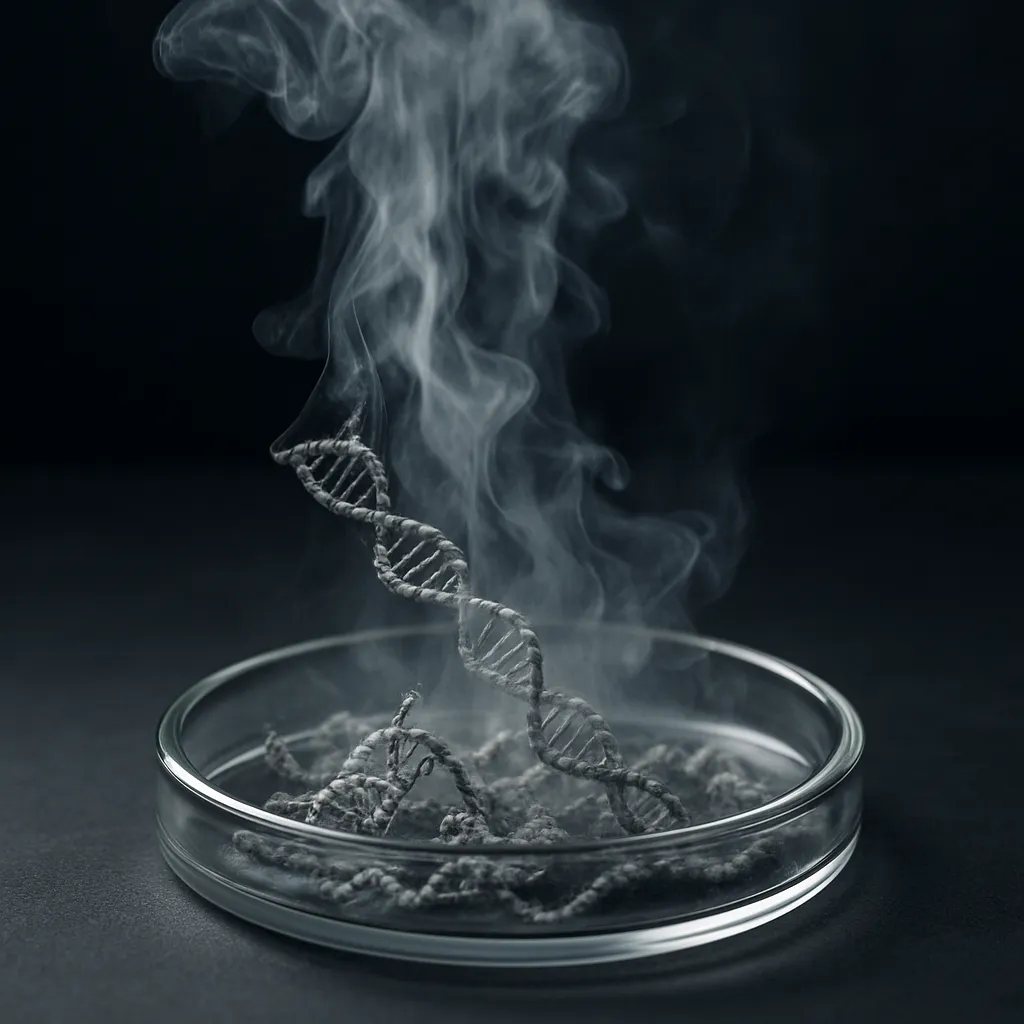Epigenetic “Fixes” for Autism? A Red‑Alert Response
 Kao, Lim & Chen (2025) have released a sweeping review on epigenetic therapeutics for autism — proposing that by adjusting DNA methylation or histone acetylation, we might one day “treat” autistic behaviors or even prevent autism as it develops.
Kao, Lim & Chen (2025) have released a sweeping review on epigenetic therapeutics for autism — proposing that by adjusting DNA methylation or histone acetylation, we might one day “treat” autistic behaviors or even prevent autism as it develops.
Read the full paper here
But this isn’t just technical talk. Ask yourself:
- Are we treating autism — or replacing autistic minds with something closer to neurotypical?
- Who consents when the conversation happens “in utero” or in young childhood?
- What would it mean to live into a gene-edited future where autism is no longer a visible identity?
Because make no mistake: epigenetic therapies target not social bias or systemic exclusion — they target human variation itself. Autism becomes not an identity or way of being, but a chemical defect to be overwritten.
There is nothing in this article rooted in autistic voices — no sense that autistic people should have agency over their own biology. And yet, the language frames autism as a “lifelong condition” defined by deficits.
That language isn’t scholarly neutrality. It’s a clearing of the field for biomedical intervention — an intervention that could edge us toward preventative policies or prenatal screening with the goal of erasure.
This Is RFK Jr.–Level Erasure — Dressed in Molecular Language
The language might be more technical, the tone more academic — but the underlying message is cut from the same cloth:
Autism is a mistake. A deviation. A thing to prevent.
That’s RFK Jr.’s narrative in a lab coat. And it’s just as dangerous.
Where RFK uses fear, this paper uses molecular mechanisms. Where he blames vaccines, this one blames methylation patterns and histone structure. But the goal is the same: fewer autistic people. Not better lives, not inclusion — elimination disguised as therapy.
And the worst part? It’s positioned as “promising.” As science. As progress.
But for us — autistic people, families who love us, communities fighting for our humanity — it’s not progress.
It’s polished erasure.
When Research Ignores Neurodiversity, It’s Not Just a Gap — It’s a Threat
When researchers at major institutions — especially in fields like biochemistry or molecular biology — write about autism as if neurodiversity never happened, it doesn’t just reveal a gap in their reading. It reveals a failure of moral imagination.
Because let’s be honest: they have heard of it.
They’ve heard of lived experience. They’ve heard of representation. They’ve heard that autistic people are speaking for ourselves now. And if they haven’t? Then they’re not qualified to shape the future of autism research.
What happens in the labs at the National University of Singapore — or anywhere else — doesn’t stay there.
It gets cited. Funded. Picked up by media. Translated into policy. And when those ideas treat autism like a molecular flaw instead of a form of human variation, they don’t stay theoretical. They become systems.
Systems that screen, suppress and sterilize.
Systems that decide which children get to exist.
And all of it — all of it — could be redirected toward support, inclusion and understanding. But only if researchers are willing to see autistic people as more than a biochemical puzzle.
So no, we’re not going to let this pass quietly.
Not in 2025. Not with everything we know.
Not with everything we’ve lived.
We Deserve a Research Agenda That Begins With Our Needs
We don’t need epigenetic treatments. We need:
- Public-funded supports autistic adults choose — from communication access to employment and housing
- Research shaped by autistic priorities, not cure-centric funding
- Ethical governance that centers bodily autonomy and long-term trust
Epigenetic science is powerful — but without strong ethical anchors, it can become another strand of the medical industrial complex that sees difference as pathology.
That’s why at Autism Answers Back we raise this red flag. Because some science isn’t neutral. It shapes futures. And in this case, the future smells like erasure.
Not: What gene do we correct?
But: What environments do we build — so autistic lives can flourish as they already are?